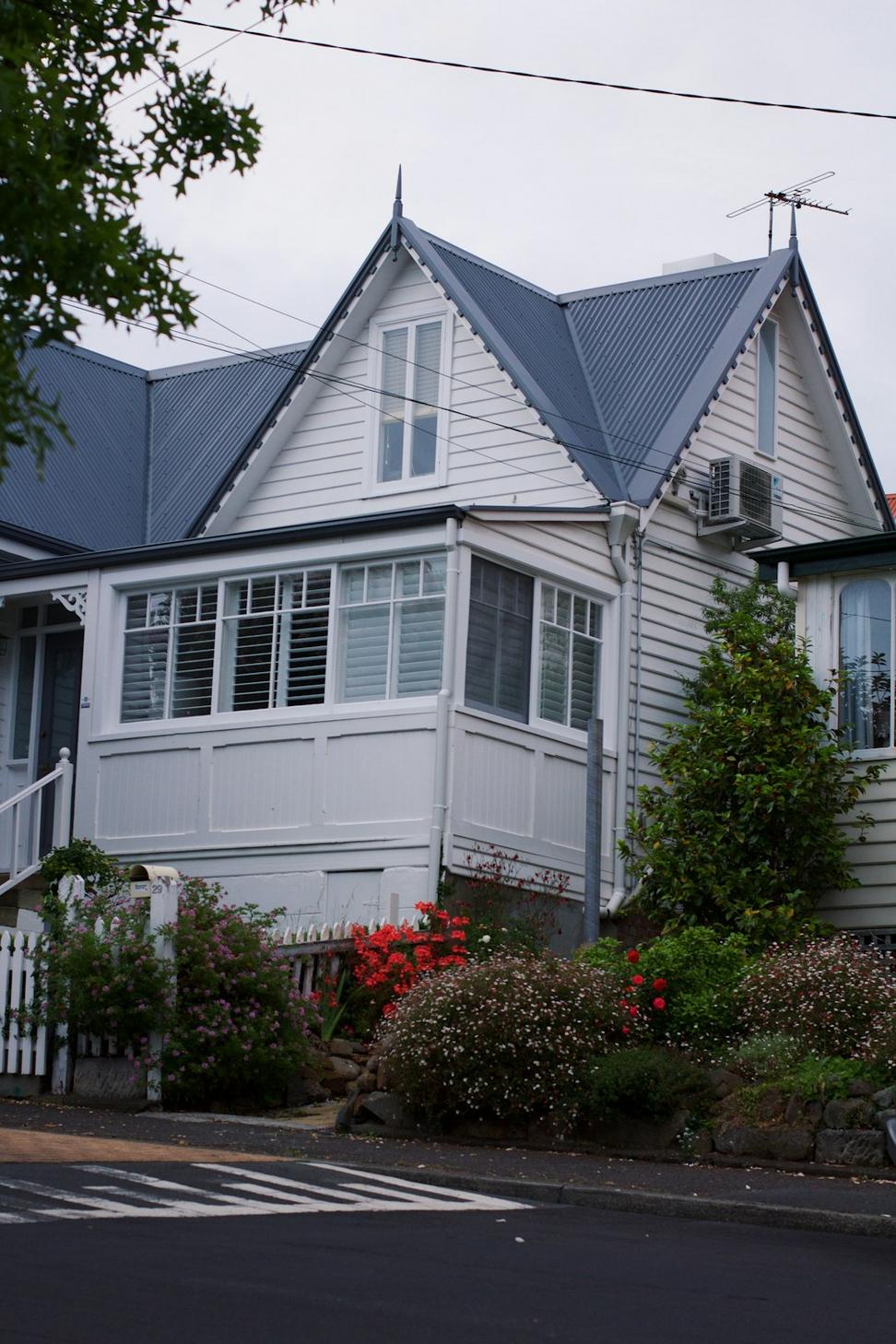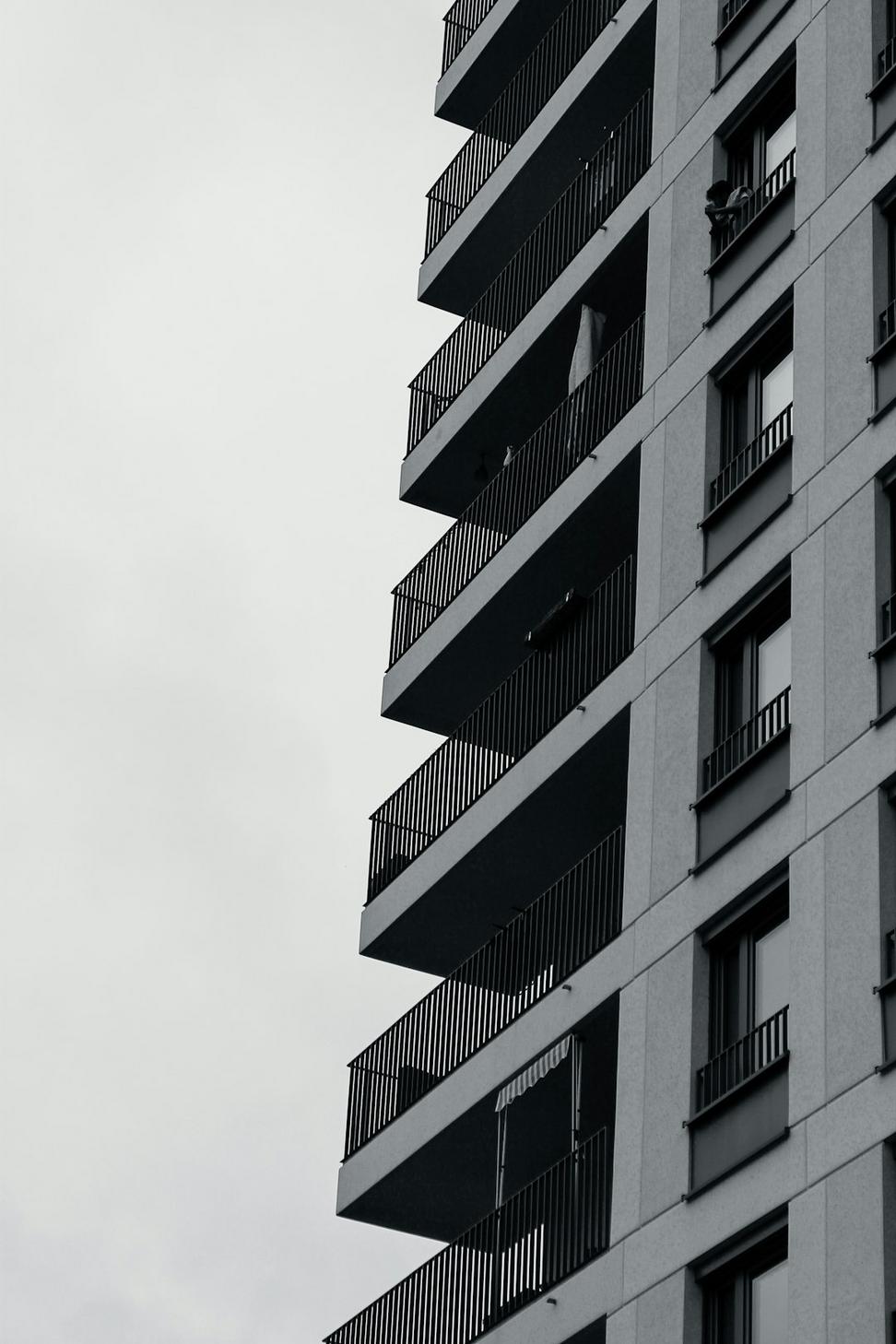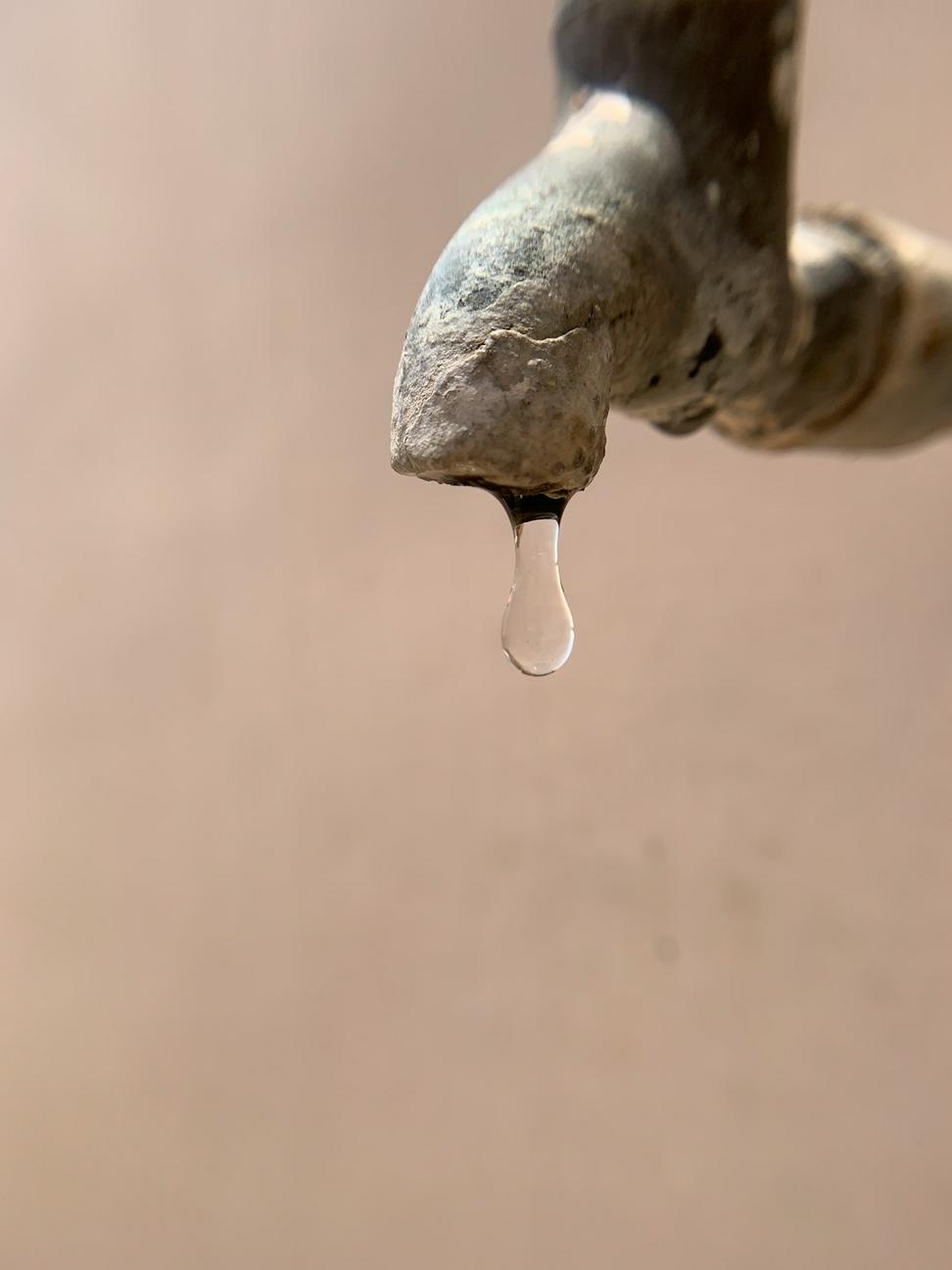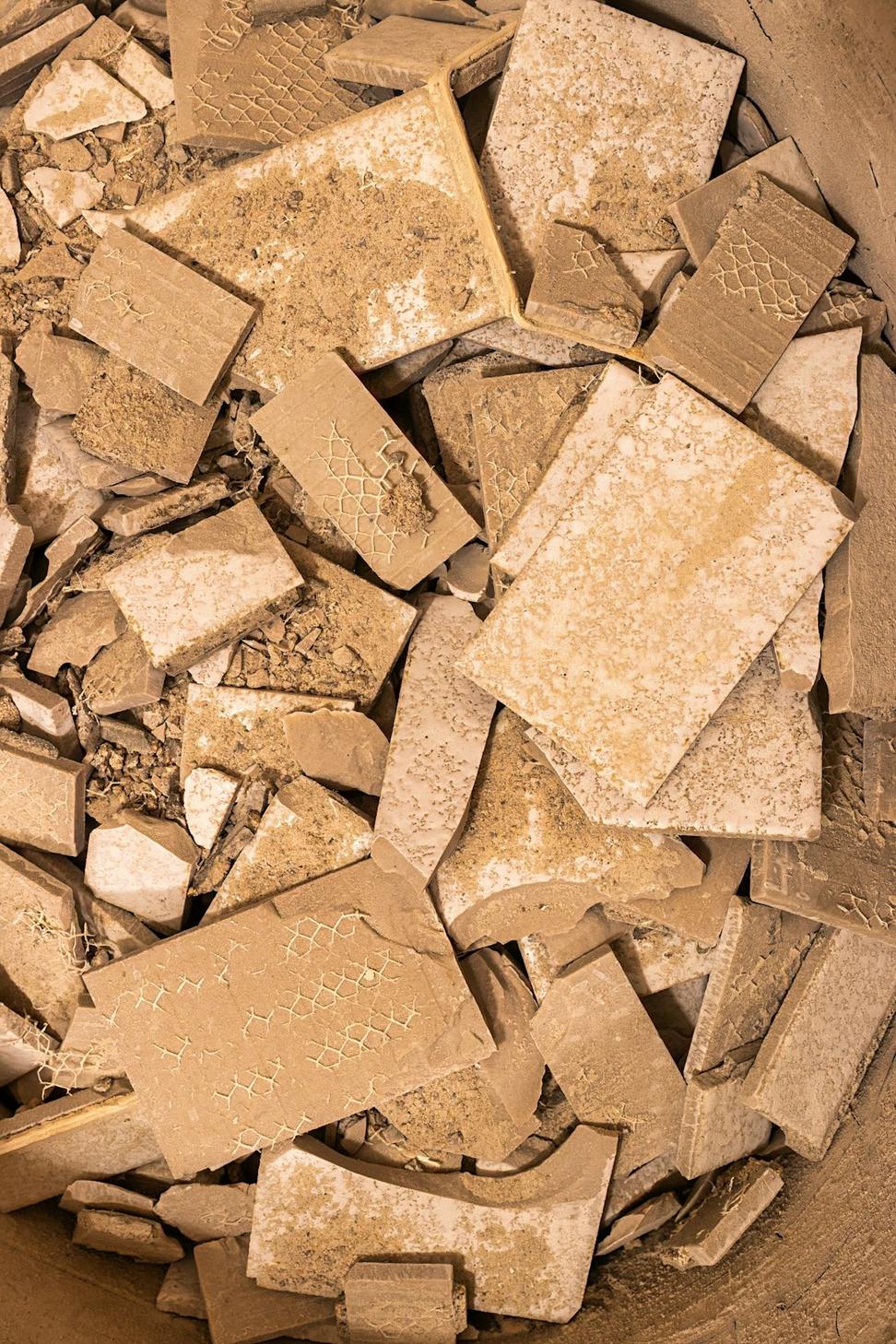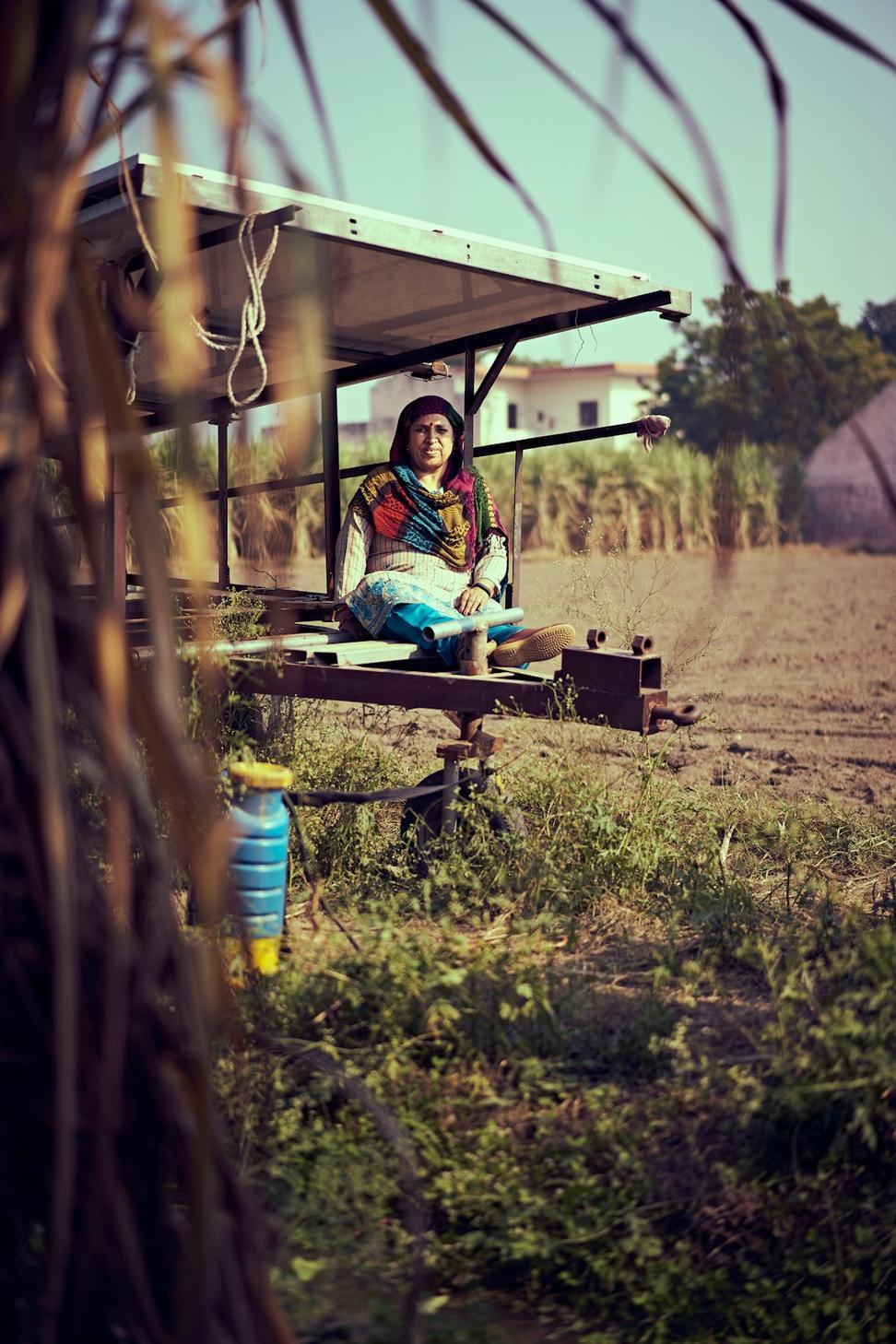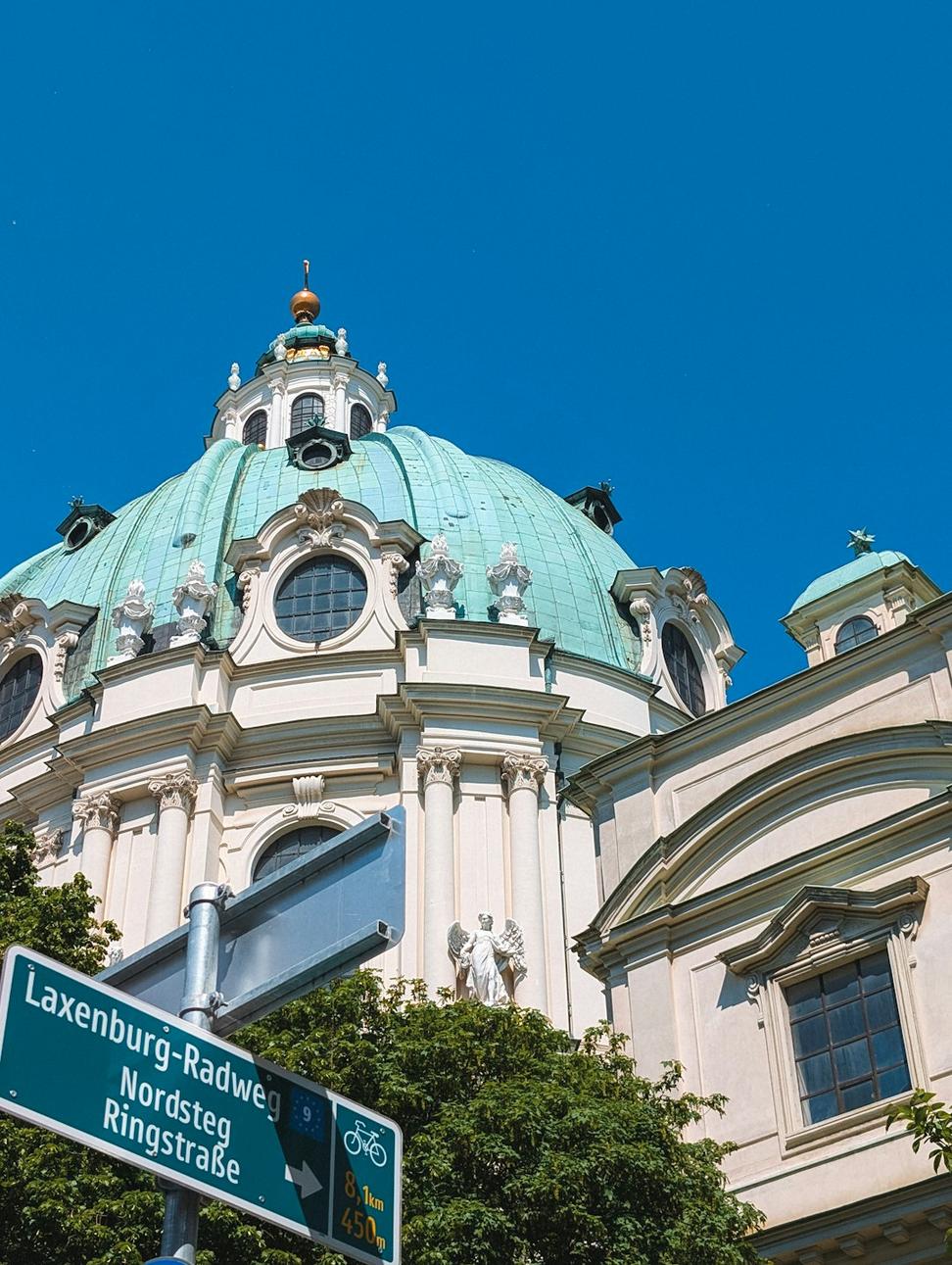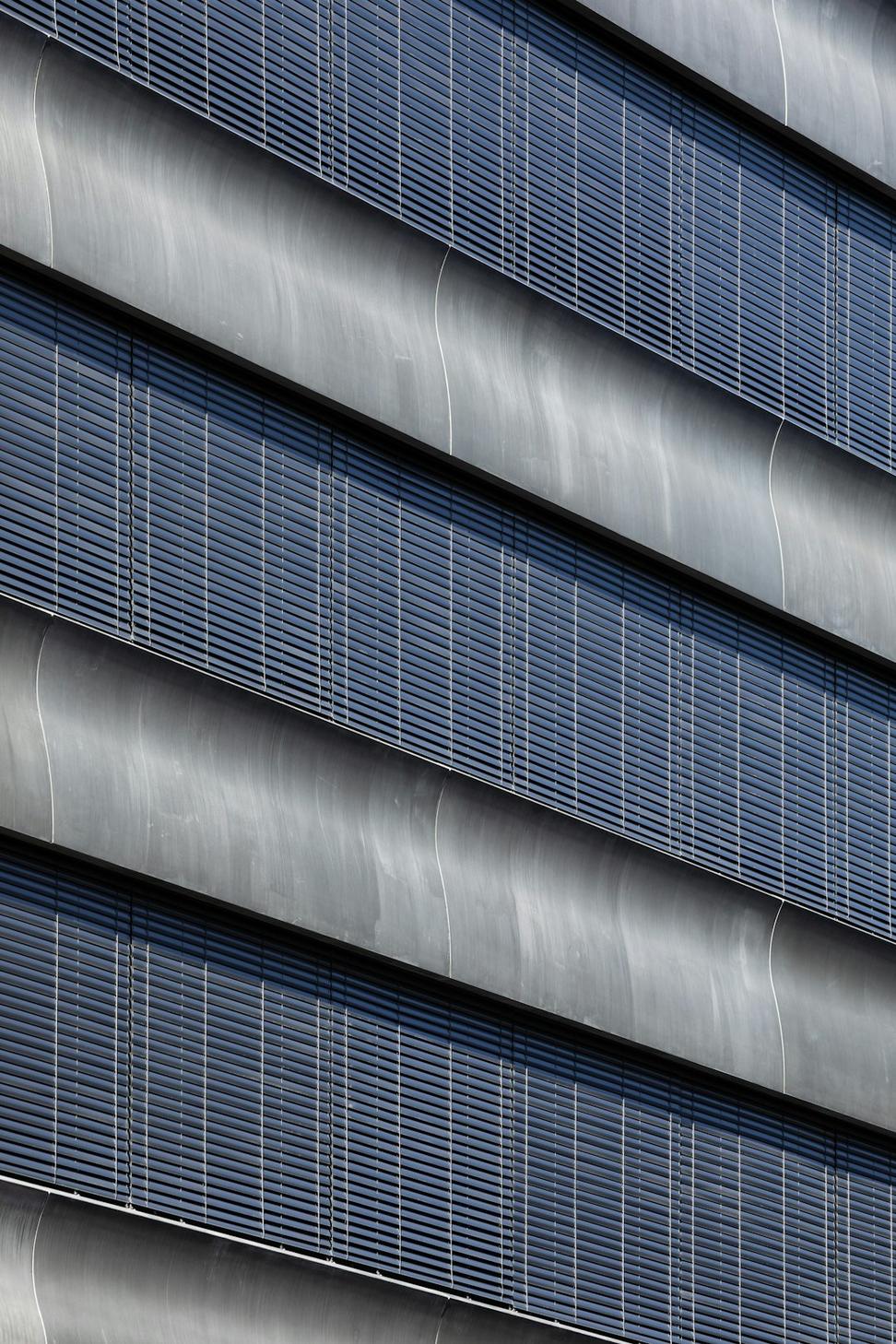
Why We're Obsessed with Green Building
Look, I'll be honest - when we started this studio back in 2008, sustainability wasn't really the trendy thing yet. But after working on a heritage restoration project in Gastown and seeing how well those old buildings performed with just passive design, we kinda had an "aha" moment.
Buildings account for nearly 40% of global carbon emissions. That's huge. And as architects, we're literally shaping the spaces where people spend 90% of their lives. So yeah, we figured we better take this responsibility seriously.
It's not about being perfect or preachy - it's about making smarter choices that actually work for our clients AND the planet. Plus, green buildings just perform better. Lower energy bills, healthier indoor air, better resale value... it's a win-win situation.
89%
Energy Reduction Average
120+
Certified Projects

